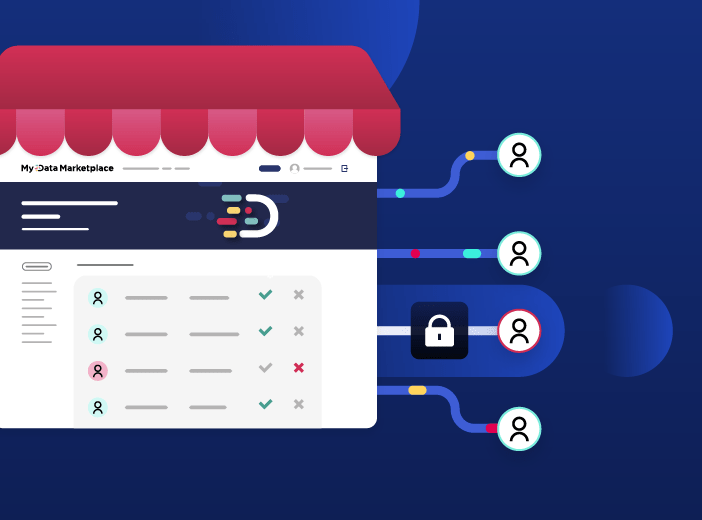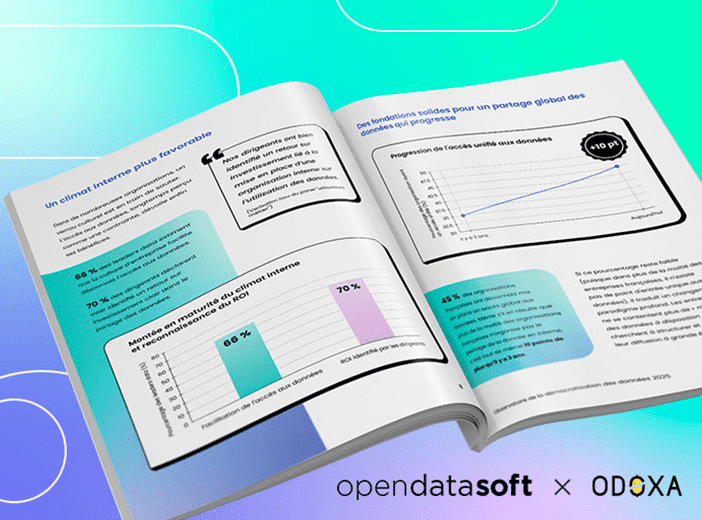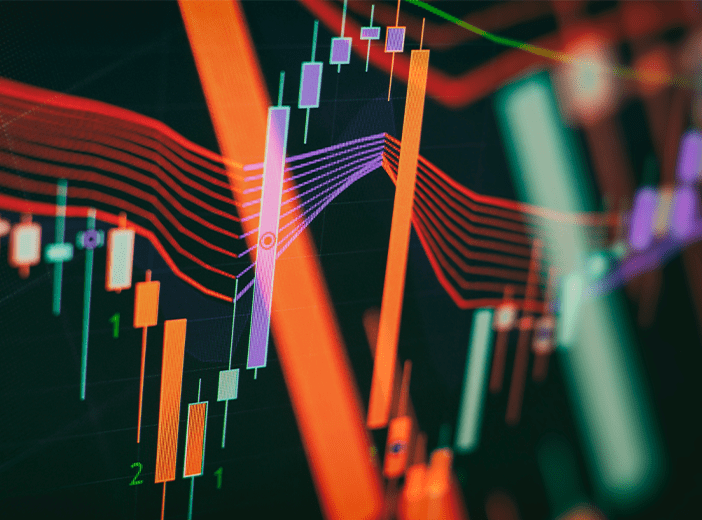Glossary
Data producer
A data producer is the root source of data. It can be a person manually entering data, an automated service, or a device/machine that gathers data.
What is a data producer?
A data producer is the root source of data. It could be a person manually entering data into a system, an automated service that collects data (such as a website), or a device that gathers data (such as an Internet of Things sensor).
Data producers are likely to be relatively junior, and may well be customer facing and on the front line of your organization. For example, they could be a contact center agent or sales clerk entering customer orders into a sales application. There could be multiple people or departments that produce or update data in the same system – for example sales, marketing, customer service, and the customer themselves, may make changes to the customer record in a CRM system.
Given the widespread use of data within organizations today, there will be many different data producers across a company, within different departments. Producing data is normally just part of their role, as in the case of the contact center agent.
In Amazon Web Services, the term has a slightly different meaning. Here it can be a person, department or organization that collects, processes, and stores data from their data domain. Within this article we will focus on the the first, wider definition of data producer.
It is important not to confuse the term data producer with similar sounding terms such as data product (a product built around data) or data processor (which can either be a person, company, or other body which processes personal data on the data controller’s behalf under GDPR legislation or the processes applied to data, such as when standardizing data).
How does the data producer role fit into data governance?
At a high level the data process involves two roles – data producers (who create data) and data consumers (who then use this data).
A data consumer can be any user, application, or system that uses data collected or produced by another system or stored in a data repository. They can then use this data for their job or role in a process, whether that is planning, decision-making or forecasting.
To complicate matters, a data consumer can also be a data producer if they create new data sources, by merging or transforming data from different sources.
As well as data producers and data consumers, data governance frameworks also include multiple other roles:
- Data owner – the senior business person who owns a particular dataset and is responsible and accountable for its quality
- Data steward – the day-to-day manager of a dataset, normally reporting to the data owner
- Data custodian – normally a role held by IT, responsible for the storage and maintenance of datasets within the organization
- Data governance manager – responsible for management and monitoring of the entire data governance framework
Why is the role of data producer important?
Essentially the data producer is the primary creator of data, which may then be used in multiple, business-critical ways throughout the organization and beyond.
Therefore they need to ensure:
- Data quality, especially that it is captured in the right, defined formats and that there are no errors if it is entered manually. Data producers need to be accountable for quality, otherwise errors can enter the data ecosystem, data will be inaccurate, and trust will be lost
- Data usability, with the data meeting the specific requirements of data consumers. Data producers have to understand how their data will be used, so that they can ensure it is collected in formats that deliver on the needs of data consumers.
All of this means that data producers need to be trained and educated on the processes and uses of the data they create and collect, with monitoring in place to ensure that they are following the correct definitions, procedures and standards.
They need to understand why the data they produce is important and how it will be used to ensure quality. Equally, data consumers need to provide feedback and input to shape how this data is captured in order that it is a good fit for their requirements. This symbiotic relationship should therefore begin with dialogue between the two groups as part of the data governance framework and process.
Learn more



